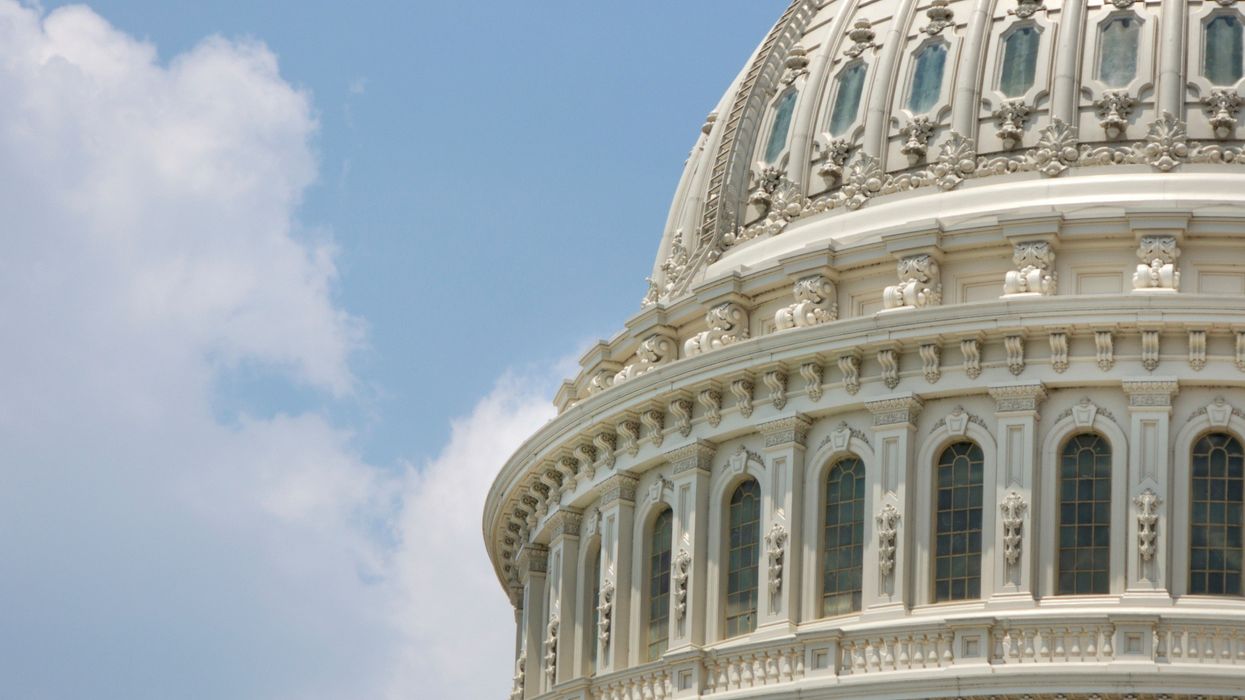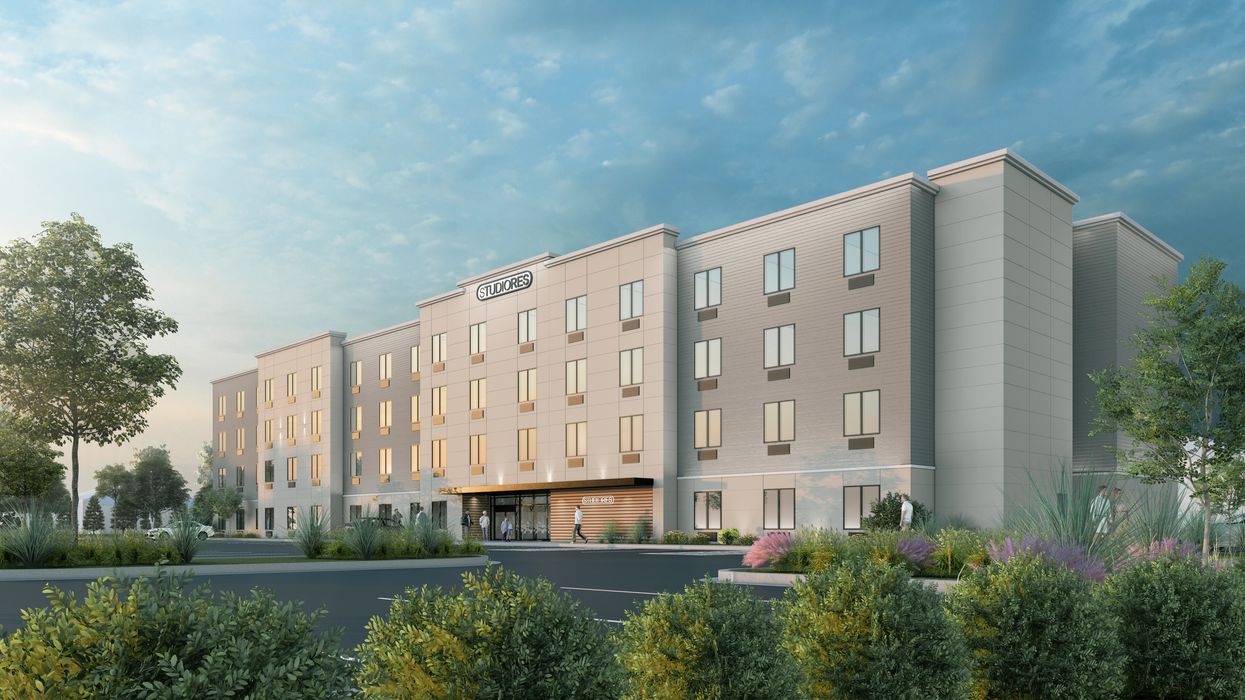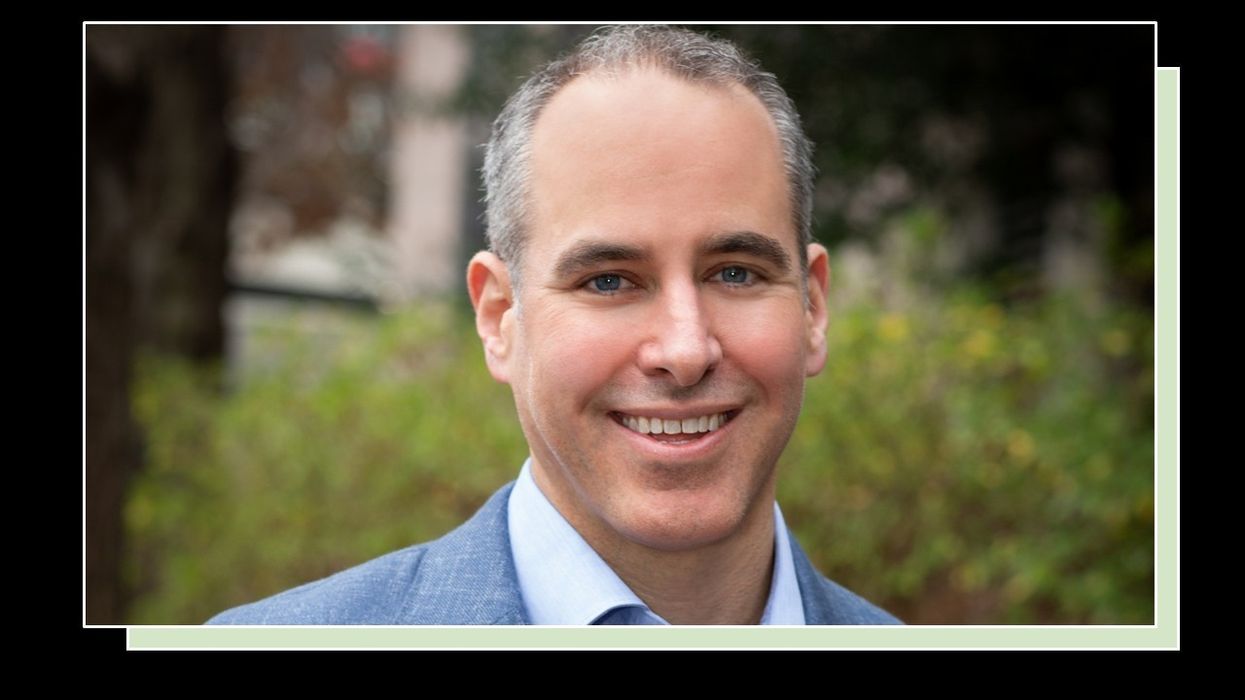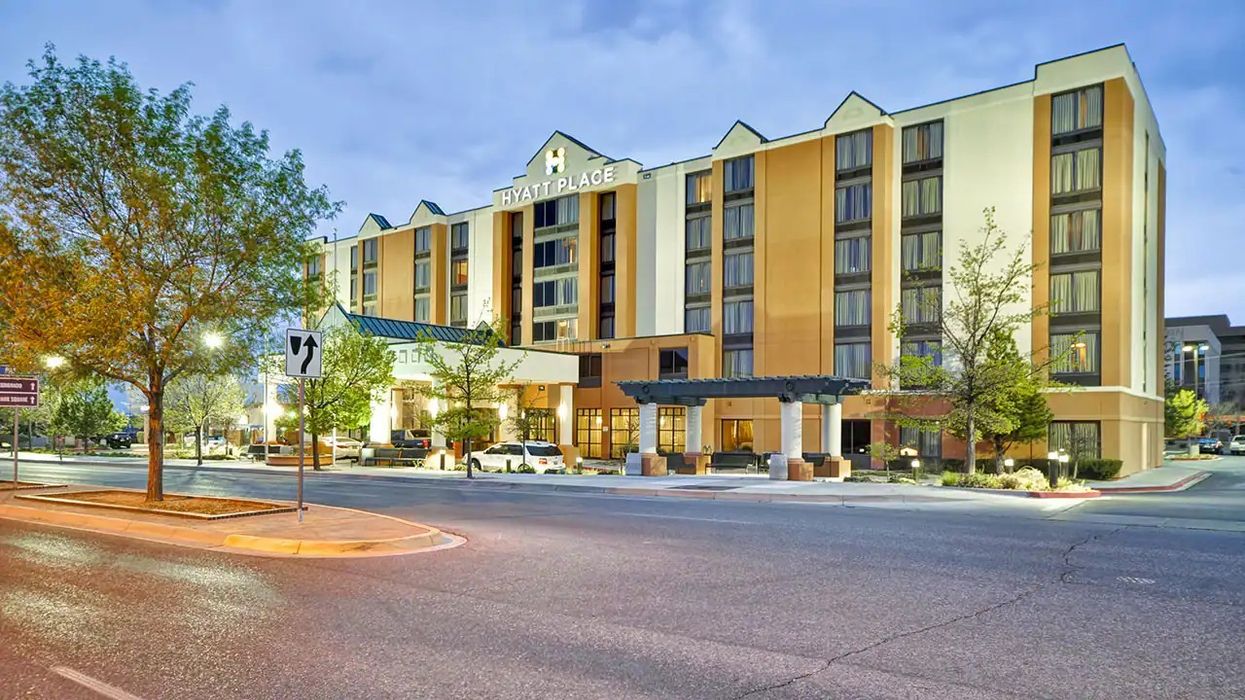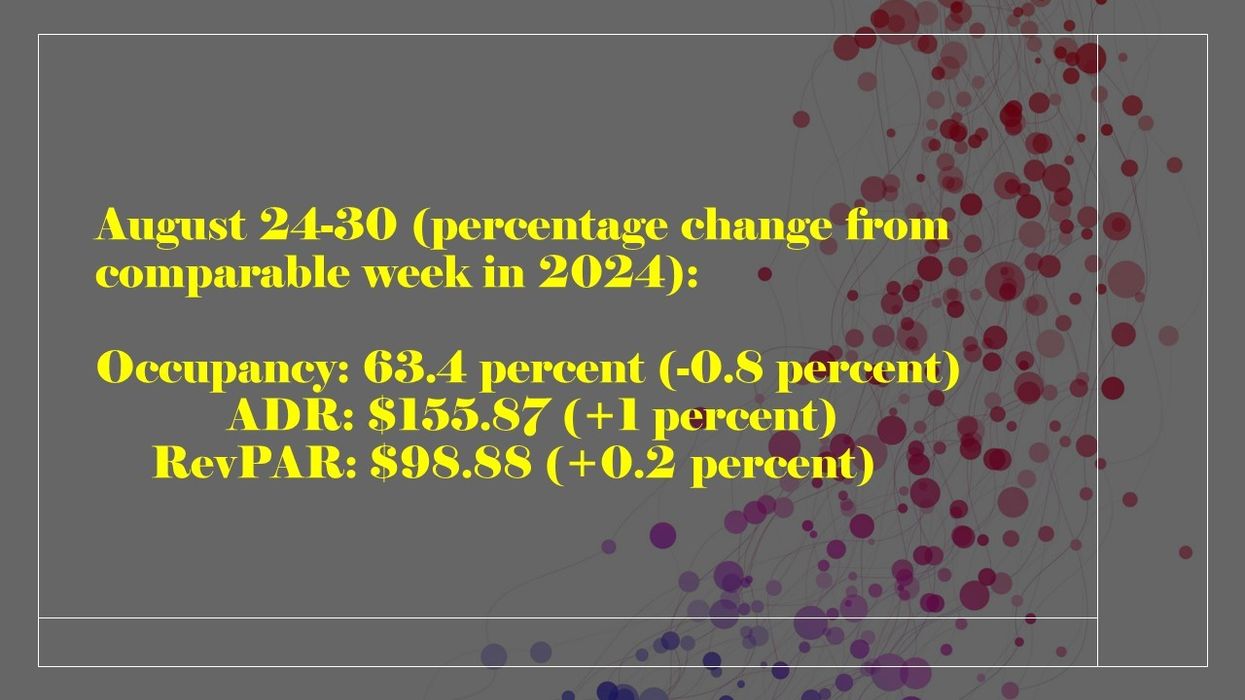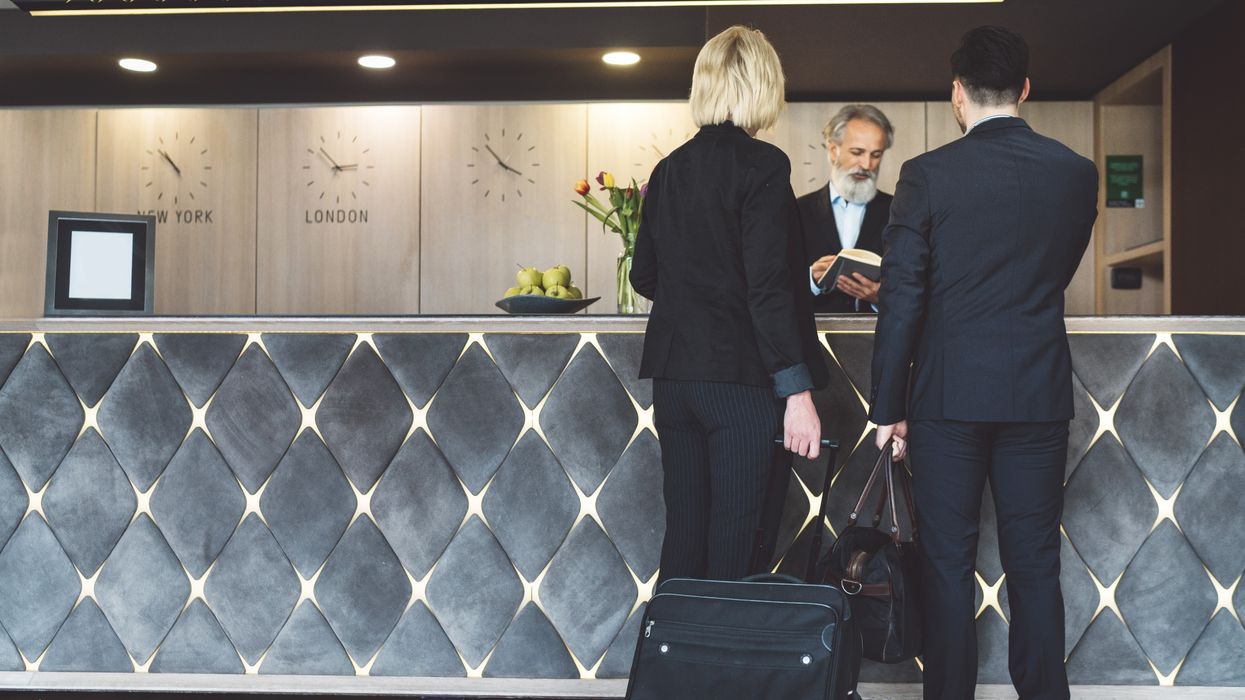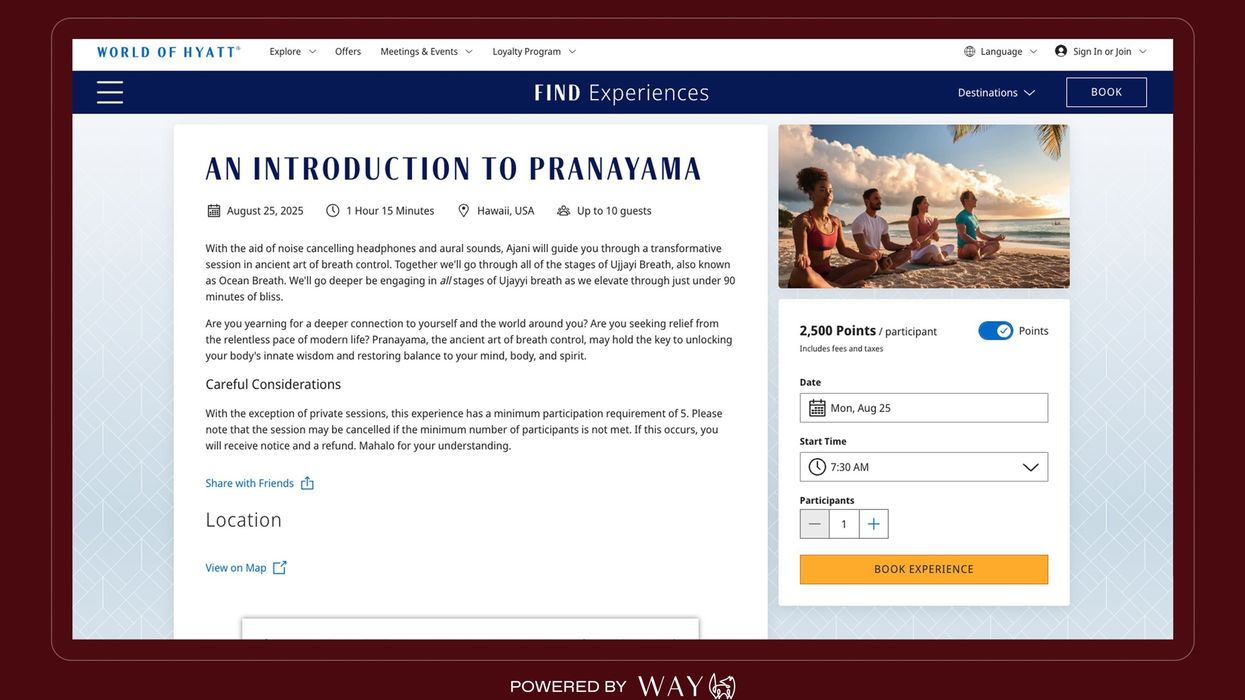IN TIMES OF trouble, everybody needs a helping hand. In the throes of the COVID-19 pandemic, hard-hit hotel owners are turning to their franchisers for assistance, and they have received it, in various forms.
But some companies are doing more than others, according to some owners who think more companies should waive certain franchise fees. Others say franchisees and franchisers are all in the same boat and now is not the time to worry about much more than taking care of guests and employees.
The help offered to franchisees varied from company to company, but most offered to suspend enforcement of some brand standards and to postpone PIPs. Some, not all, waived or deferred certain franchise fees.
Best Western Hotels & Resorts waived half of all monthly fees, half of property revenue management fees and delayed certain fees until November. The company’s board of directors and executives voluntarily reduced their compensation by 20 percent.
“The impact of this global pandemic has been devastating to the livelihood of our hoteliers, their families, and the employees who depend on them,” said David Kong, Best Western president and CEO, in a statement. “At Best Western, we are truly a family that stands together, shoulder to shoulder, during a time of crisis. In coming together, not only will Best Western weather this storm, but our nation and industry will emerge stronger than ever.”
Fixing the fixed fees
Best Western’s relief package is one of the best, said Maulesh Patel, a Comfort Inn owner in Tom’s River, New Jersey.
“Best Western is leading the pack since they are a member focused association,” Maulesh said. “Other brands, they are offering deferment, they’re not reducing any of the fixed fees.”
Maulesh is a charter member of the Fair Franchising Initiative, a group of hotel owners formed at a March 5 meeting in Edison, New Jersey with the intention of promoting better franchising practices in the hospitality industry. His position now is that all fixed fees should be waived during the current crisis.
“Since there’s no revenue, those fees are not justified,” he said. “Percentage fees are but fixed fees are not justified.”
Maulesh said large hotel companies should be prepared to waive the fees when occupancy drops as low as it is now.
“Every franchiser, when they underwrite a franchise agreement, they know that, when the occupancy is less than 40 or 50 percent, none of the franchisees will even have money to pay the franchise fees. That’s normal due diligence,” he said. “Now the occupancies are in single digits. Franchisees are expected to pay their employees and keep their doors open from money out of their pockets in this crisis. Is it fair for the franchisers to ask for those fixed fees, which basically is adding to the shareholders’ value.”
He also said that it would be a violation of terms to use money from the Coronavirus Aid, Relief & Economic Security, or CARES, Act that is expected to be approved by the House of Representatives on Friday, to pay the fees.
“Many of our hotel owners will be getting [Small Business Administration] loans, which is money coming from the government,” Maulesh said. “Is that money supposed to be used for the employees or should it be going towards those fixed fees? Actually, the SBA should put a provision that those loans cannot be used to pay toward franchise fees or fixed fees, because that’s basically an indirect bailout of shareholders.”
It’s in the hotel companies’ and the industry’s best interest to focus on the needs of the franchisees at this time, Maulesh said.
“Every franchise company has to realize that the biggest stakeholder in this industry is the franchisee. They invest millions of dollars to create the shareholder value. In the long term, by not looking after the franchisees, it will be eroding the shareholders’ value further,” he said.
A common crisis
Ritesh Patel, president of RAM Hotels in Columbus, Georgia, has a somewhat different view of the brands’ response to the crisis. His company owns primarily brands from InterContinental Hotel Group, Hilton and Marriott International.
“This is a common crisis that we’re all facing and it’s all so sudden. We’ve never seen occupancy diminish so significantly so rapidly,” Ritesh said. “I think it’s touching and impacting indiscriminately franchisees as well as franchisors.”
Ritesh’s company includes a management section with a staff of 19 that is labor heavy, a fact he said is shared by most large franchisors. Most hotel owners have a furlough process to control variable costs from labor, but management companies and brands don’t have that option, he said.
“When [a hotel management company] really needs to step up is in times like this. If you’re furloughing people at the hotel level, then who’s going to come and guide them and who’s going to make sure if there’s nobody there how you properly close the hotels, how you start the process?” he said. “I think the brand is no different from a hotel management company and they’re hurting even more than hotel owners in this.”
While some of the brands in his portfolio may not be waiving fees, Ritesh said they are helping in other ways.
“They’re coming right out and saying ‘Hey, you have flexibility on your brand standards if there are variable costs that you feel like you’re not going to be needing right now feel free to eliminate it,’” Patel said. “Some brands are going further and sending checklists on how you should be doing your partial closures, this is how you should be doing your complete closures.”
Those checklists can save owners a lot of time and money, he said.
“Nobody wants to close a hotel, let’s face it. But, to close a hotel properly, we’ve never done that,” he said. “Being in the industry for nearly 20 years we’ve never closed any of our properties because a natural disaster like a hurricane. There are a lot of folks that this is very new to.”
And some companies are waiving revenue management fees.
“There hasn’t been any announcement from Hilton or Marriott or IHG on the royalty side of it or the marketing fees, which makes up the bulk of the fees,” he said. “But, again, I completely understand that because if you really look at it, they’re not really earning any fees to give away any fees. If you’re running a hotel that’s at 10 or 15 percent occupancy they’re barely generating any revenue.”
Once the outbreak has passed, he said, and occupancy rises above 55 percent again, the issue of fees may be addressed.
“At that point, perhaps, the dialog should change,” Ritesh said.
Below are the measures some hotel companies are taking to help their franchisees:
Best Western Hotels & Resorts
- Waiving half on monthly fees and property revenue management fees.
- Reducing Best Western Rewards loyalty point fees charged to members by one-half without lowering points awarded to loyalty program participants.
- Increasing by 50 percent hotel redemption compensation for Best Western loyalty guest stays.
- Waiving in entirety Best Western co-op marketing fees.
Wyndham Hotels and Resorts
- All fees accruing for the months of March, April and May can be deferred, interest-free, until Sept. 1, 2020.
- Reducing SynXis PMS Fee 50 percent for April and May.
- Removal of revenue management service, MOP and loyalty retraining fees for April and May.
- Extending deferral of all brand standards, except for health and safety, and property improvement plan items until Jan. 1, 2021.
- Waiving quality assurance and Wyndham Quality Circle inspections and fees for March, April and May.
InterContinental Hotels Group:
- Providing owners with brand-specific guidance related to operational changes and relaxed brand standards in place through the end of June 2020.
- “This guidance, largely, places public health and safety first for our colleagues and guests, and covers multiple areas including colleague trainings, recreational areas, food and beverage options, and in-room services.”
Choice Hotels International
- Suspending a variety of fees, including on past due balances since March 1, 2020, reputation management fees and guest relations handling fees.
- Assisting franchisees in managing guest reservations and cancellations.
- Pausing quality assurance reviews through June 30, 2020, and pausing Property Improvement Plan inspections through Dec. 31, 2020.
- Suspending certain brand standards, creating more flexible options, and moving deadlines to reflect the evolving travel environment.
- Providing guidance and best practices on crisis preparedness, including specific prevention procedures, proper disinfection protocols, etc.

